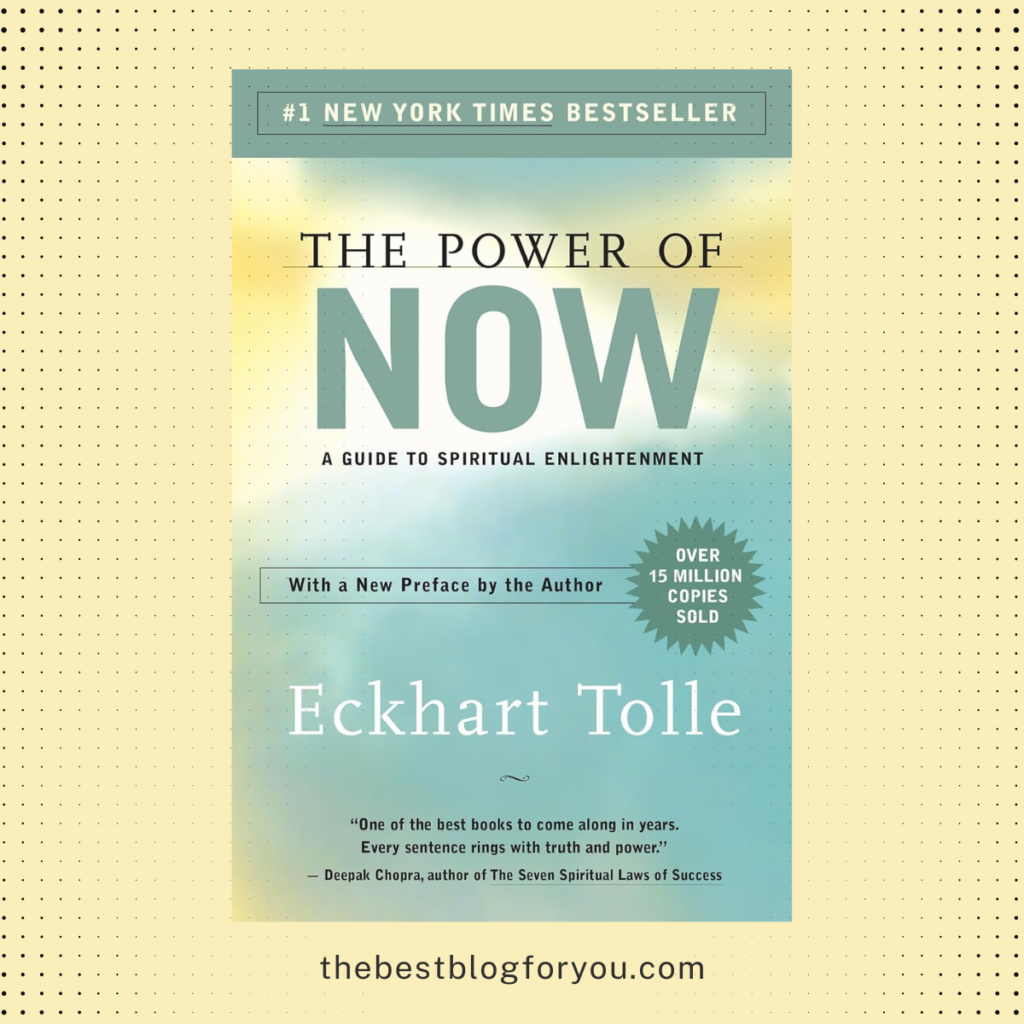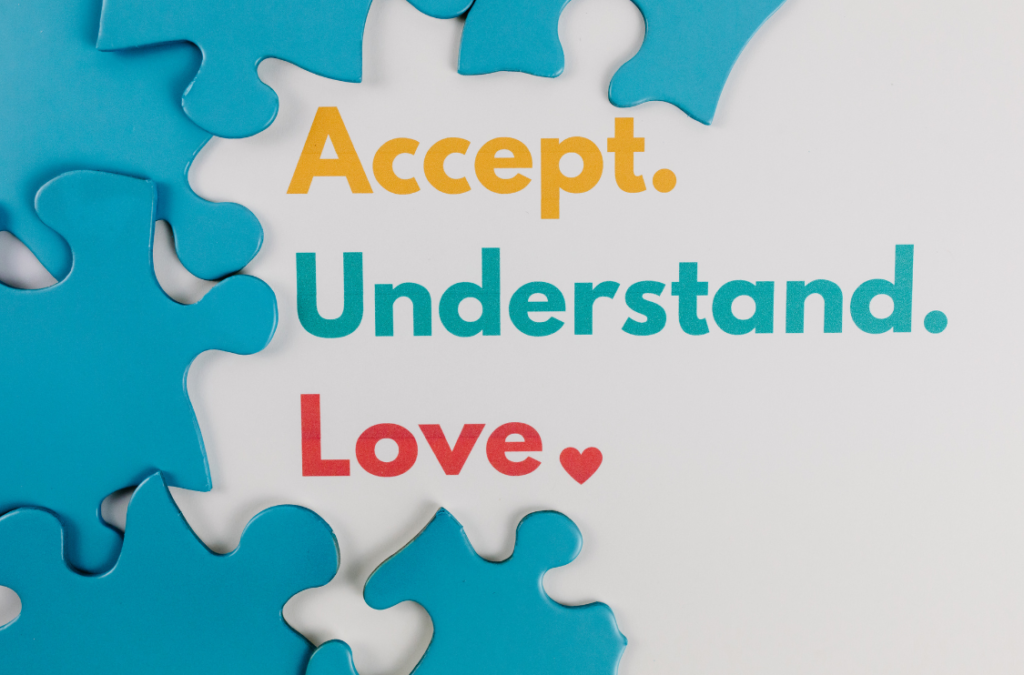
Intro
Eckhart Tolle’s The Power of Now book has become a staple in the realm of self-help and spirituality since its publication. It invites readers to delve into the intricacies of the mind and explore the significance of living in the present moment. The insights and takeaways from this transformative book can lead to profound changes in how we perceive our lives, manage stress, and interact with the world around us. Here, we explore the top five takeaways that can empower you to embrace the essence of now.
Understanding the Illusion of Time

One of the core principles presented in The Power of Now book is the concept that time is an illusion. Eckhart Tolle argues that our preoccupation with past events and future possibilities often prevents us from fully experiencing the present moment. This fixation on time can cause anxiety, regret, and a pervasive sense of dissatisfaction. Tolle believes that by acknowledging the present as the only moment we truly possess, we can free ourselves from the negative cycles that bind us.
According to Tolle, the mind fabricates a deceptive narrative about time, creating a mental construct that traps us in a loop of incessant thinking. This artificial sense of time fosters a disconnection from the here and now, drawing our attention away from the richness of the present. He suggests that this disconnection not only disrupts our peace but also contributes to emotional and psychological distress.
By shedding the illusion of time, we begin to dismantle these false narratives and focus on the immediate experiences unfolding before us. Tolle encourages readers to practice mindfulness as a way to break free from the mental patterns that emphasize past mistakes or future worries. This practice helps us cultivate a deeper awareness of our thoughts and feelings, enabling us to respond to life more authentically and joyfully.
In Tolle’s view, living in the now is the key to unlocking a more profound and fulfilling existence. It involves recognizing the mind’s propensity to dwell on what has been or what might be, and consciously redirecting our focus to the present. By doing so, we can experience a heightened sense of clarity and connection, not only with ourselves but also with the world around us. This shift in perspective allows us to see time for what it is—an abstract concept—while embracing the present as our true reality.
The Importance of Presence

Tolle highlights the transformative power of being present in our daily lives. The takeaways from his discussions about presence stress that the more we immerse ourselves in the now, the more we can appreciate life’s simple pleasures. He encourages readers to practice mindfulness—being fully engaged in whatever we are doing at the moment, whether it’s eating, walking, or simply breathing.
This state of presence allows us to experience life with greater depth and clarity. It helps us recognize the beauty and richness of every moment, fostering a deeper connection to ourselves and our surroundings. In a world that often glorifies multitasking and constant distractions, Tolle’s message serves as a gentle reminder to pause, breathe, and fully inhabit the present moment.
Dissolving the Ego

In The Power of Now book, Eckhart Tolle delves deeply into the concept of the ego and its pervasive influence over our lives. The ego, according to Tolle, is an artificial construct of the mind that feeds on identification with external factors like social roles, accomplishments, and material possessions. This identification traps us in a cycle of desire and dissatisfaction, constantly seeking validation and fearing loss.
Tolle asserts that the ego thrives on drama and negativity, often manifesting as incessant mental chatter and emotional reactivity. This can lead to unnecessary suffering, as we become entangled in thoughts and feelings that do not reflect our true selves. By observing these patterns, we can start to see the ego for what it truly is—a mental habit rather than an intrinsic part of our identity.
Becoming aware of the ego involves recognizing how it operates within us. For instance, the ego is quick to take offense, hold grudges, and feel superior or inferior to others. Tolle encourages us to notice these tendencies without judgment and to understand that they arise from a false sense of self. This awareness is the first step toward dissolving the ego’s grip.
Tolle also highlights the importance of detaching from the egoic mind by cultivating presence and mindfulness. When we are fully present, the ego loses its foothold because it cannot exist in the now. Practices such as mindful breathing, meditation, and inner body awareness help to anchor us in the present moment, diminishing the ego’s influence.
By consistently practicing these techniques, we create space between our true selves and the ego. This separation allows us to respond to life’s challenges with clarity and compassion rather than from a place of fear and reactivity. Over time, this leads to a more authentic way of being, free from the constant need for external validation.
In Tolle’s view, dissolving the ego is not about eradicating it completely but about diminishing its control over our lives. Through conscious awareness and mindfulness, we can transcend the ego’s limitations and experience a deeper, more fulfilling connection with ourselves and the world around us.
Embracing Acceptance

Eckhart Tolle underscores the transformative power of acceptance in The Power of Now book. Acceptance is not about passive resignation; it’s about actively engaging with the present reality without resistance. This approach involves acknowledging our current circumstances without letting them dominate our emotional state. By accepting what is, we can free ourselves from the mental struggle that often accompanies resistance to our experiences.
Tolle highlights that resistance only exacerbates our suffering. When we resist our reality, we create internal conflict, leading to heightened stress and anxiety. Acceptance, on the other hand, allows us to move beyond this struggle. It opens the door to a more peaceful state of mind where we can focus on constructive actions rather than being paralyzed by what we cannot change.
One key aspect of acceptance that Tolle discusses is its role in reducing mental chatter. Our minds often spin stories around our resistance, creating endless loops of negative thoughts and emotions. By practicing acceptance, we disrupt these patterns and bring our attention back to the present moment. This shift not only reduces mental noise but also enhances our ability to respond thoughtfully to life’s challenges.
Tolle also connects acceptance with the concept of non-resistance. When we accept our circumstances, we stop fighting against the natural flow of life. This doesn’t mean we don’t take action when needed, but our actions come from a place of clarity and calm rather than frustration and anger. This state of non-resistance fosters a deeper sense of peace and allows us to navigate life’s ups and downs with greater ease.
In essence, acceptance transforms our relationship with reality. It helps us recognize that while we may not control external events, we do have control over our internal responses. By embracing acceptance, we cultivate resilience and openness, enabling us to find new paths to growth and healing. This practice becomes a cornerstone for living more fully in the present, free from the burdens of resistance and struggle.
The Role of Inner Body Awareness

Eckhart Tolle introduces inner body awareness as a powerful tool for anchoring ourselves in the present moment. He suggests that by focusing on the sensations within our bodies, we can divert our attention from the relentless chatter of the mind and cultivate a more profound sense of presence. This practice involves tuning into the subtle energy fields within us, such as the feeling of aliveness in our hands, feet, or the entirety of our inner body.
By engaging with these inner sensations, we can create a deeper connection with our true selves, apart from our habitual thoughts and emotions. Tolle emphasizes that this heightened awareness helps us realize we are not our thoughts but the consciousness observing them. This distinction is crucial, as it allows us to respond to situations with greater clarity and calm rather than reacting impulsively.
Inner body awareness also serves as a gateway to emotional resilience. By grounding ourselves in our physical sensations, we become more attuned to our emotions, recognizing them as transient experiences rather than defining aspects of our identity. This understanding fosters a more compassionate and balanced approach to dealing with emotional challenges.
Moreover, Tolle highlights that inner body awareness can be practiced anywhere and at any time. Whether you are sitting quietly, walking, or engaging in daily activities, you can bring your attention to the sensations within your body. This practice can serve as a constant reminder to stay present, helping to reduce stress and enhance overall well-being.
Tolle also notes that cultivating inner body awareness can deepen our meditation practices. By focusing on the inner body, we can transcend the mind’s incessant thinking and enter a state of stillness and peace. This practice not only enhances our spiritual growth but also enriches our everyday experiences by allowing us to live more fully in the now.
Incorporating inner body awareness into our daily routine can lead to a more centered, peaceful, and authentic way of being. By consistently practicing this technique, we can nurture a profound connection with the present moment, enriching our lives with greater clarity and serenity.

3 thoughts on “Top 5 Takeaways from the book The Power of Now by Eckhart Tolle”
Comments are closed.